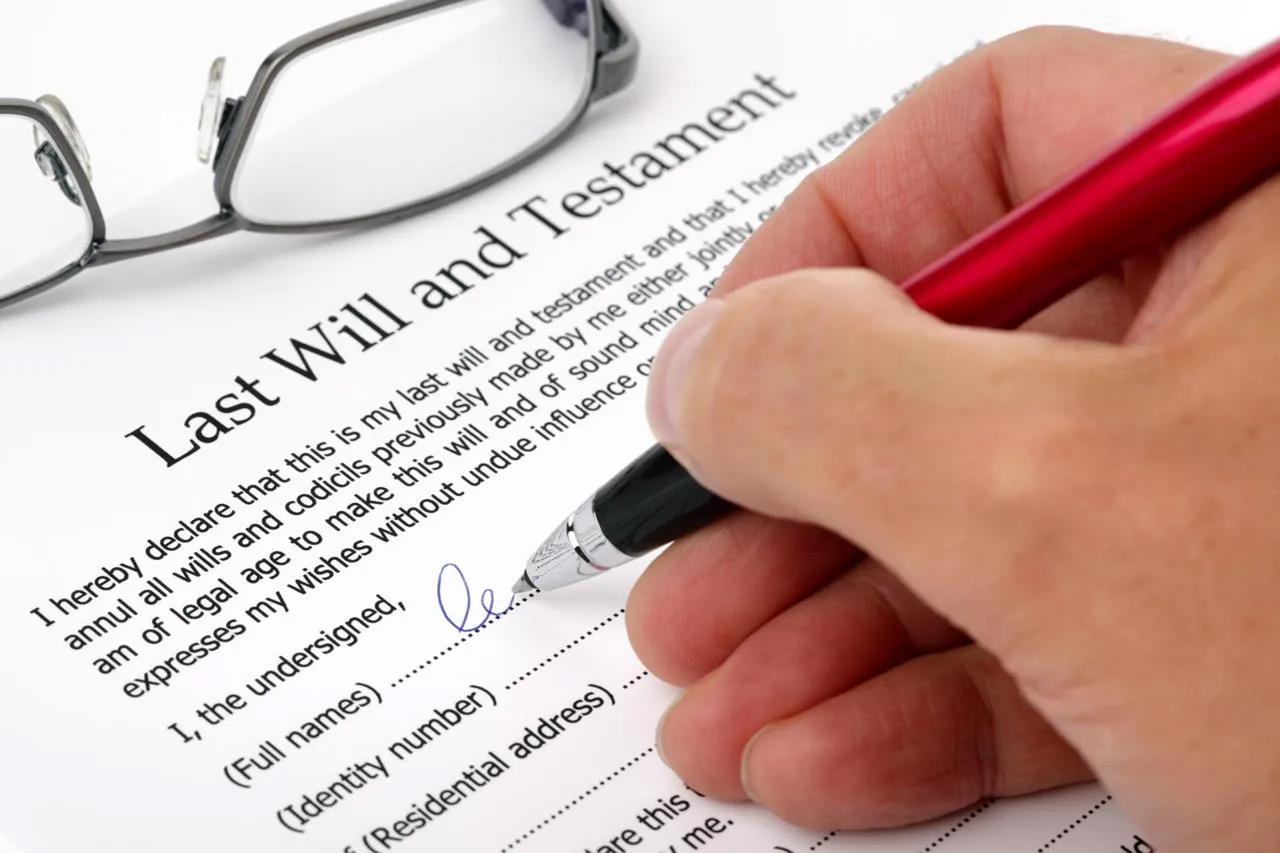Creating a will and planning your estate are crucial steps in securing your assets and ensuring your wishes are respected after you pass. Taking these thoughtful actions not only brings peace of mind but also provides clarity and direction to your loved ones during emotionally challenging times.
By understanding the essentials of constructing a will and crafting a robust estate plan, you ensure your family is prepared and your legacy is protected. In this comprehensive guide, we will explore the key elements of writing a will and developing an effective estate plan.
You will learn about the importance of specifying your assets, appointing an executor, and considering factors like guardianship for minors. Moreover, we will delve into strategies for minimizing taxes and legal disputes, allowing you to rest assured that your interests are safeguarded.
Understanding the basics of estate planning

Estate planning is a broad concept that encompasses more than just writing a will. At its core, it involves evaluating your assets—including properties, investments, and personal belongings—and determining how they should be managed and distributed after your death.
A well-structured estate plan can avert family conflicts and ensure a smooth transition of your wealth. Key components of estate planning include the creation of a will, establishing trusts, assigning powers of attorney, and setting up healthcare directives.
Each of these elements plays a crucial role in how your estate is handled and ensures you maintain control over your affairs. By preparing for the unforeseen and thinking ahead, you safeguard your legacy and provide clear instructions for your beneficiaries.
One effective entryway into estate planning is to consider your objectives. Ask yourself what your goals are: Are you primarily focused on protecting your children? Do you wish to minimize tax burdens? Prioritizing your objectives will provide you with a roadmap to creating an efficient plan that aligns with your needs.
Writing your uill
Creating a will is a key aspect of estate planning. It is a legally binding document that outlines how you want your assets distributed after your death and designates an executor to enforce your wishes.
Be detailed and clear when writing your will. List important assets and specify how they should be divided among beneficiaries, considering any life changes that may affect distribution. Ensure you sign your will in front of witnesses for legal validity, and regularly review and update it to reflect changes in circumstances or priorities.
Setting up trusts
While a will specifies asset distribution, setting up a trust can provide additional benefits. Trusts are arrangements where a trustee manages assets on behalf of beneficiaries, helping to manage wealth, avoid probate, and reduce taxes.
Different types of trusts—such as revocable, irrevocable, and charitable—serve various purposes aligned with your estate planning goals. For instance, a revocable trust allows you to maintain control over your assets and make changes while you’re alive.
Due to the complexities of trust creation and management, consulting an estate planning attorney or financial advisor is advisable. They can guide you in choosing the right type of trust and ensure compliance with legal requirements.
Guardianship and powers of attorney
In addition to asset distribution, it’s vital to consider guardianship for minor children in your estate plan. A will allows you to designate a guardian responsible for their upbringing if you pass away unexpectedly.
Choosing a guardian is a personal decision that should factor in their values, proximity, and willingness to take on this role. It’s essential to discuss this responsibility with potential guardians to confirm their acceptance.
Powers of attorney are also important. Assigning someone you trust to make decisions on your behalf if you become incapacitated ensures your affairs are managed smoothly. Typically, you will need both financial and medical powers of attorney.
Reviewing and updating your estate plan
Estate planning is an ongoing process rather than a one-time event. Regularly reviewing and updating your estate plan is crucial to accommodate life changes such as marriage, divorce, the birth of a child, or shifts in financial status.
Periodic reviews ensure that your estate plan aligns with your current situation and goals. Additionally, changes in legislation can impact your plan, making updates necessary for compliance and to leverage new opportunities or strategies.
Working with an estate planning professional can be beneficial for these reviews. They can help you navigate estate laws, provide insights into best practices, and recommend updates tailored to your unique situation and objectives.
Minimizing taxes and legal disputes
One of the main goals of estate planning is to minimize taxes and avoid legal disputes among beneficiaries. Careful planning can significantly reduce the estate tax burden, allowing more assets to pass to your heirs.
Effective strategies include gifting assets during your lifetime, setting up trusts, and making charitable donations. Consulting with a tax advisor or estate planner can provide tailored recommendations based on current tax laws and your financial situation.
Clear documentation is essential to minimize disagreements among heirs. Keeping beneficiaries informed of your intentions and ensuring your wishes are well-documented can help prevent conflicts and challenges to the will.


